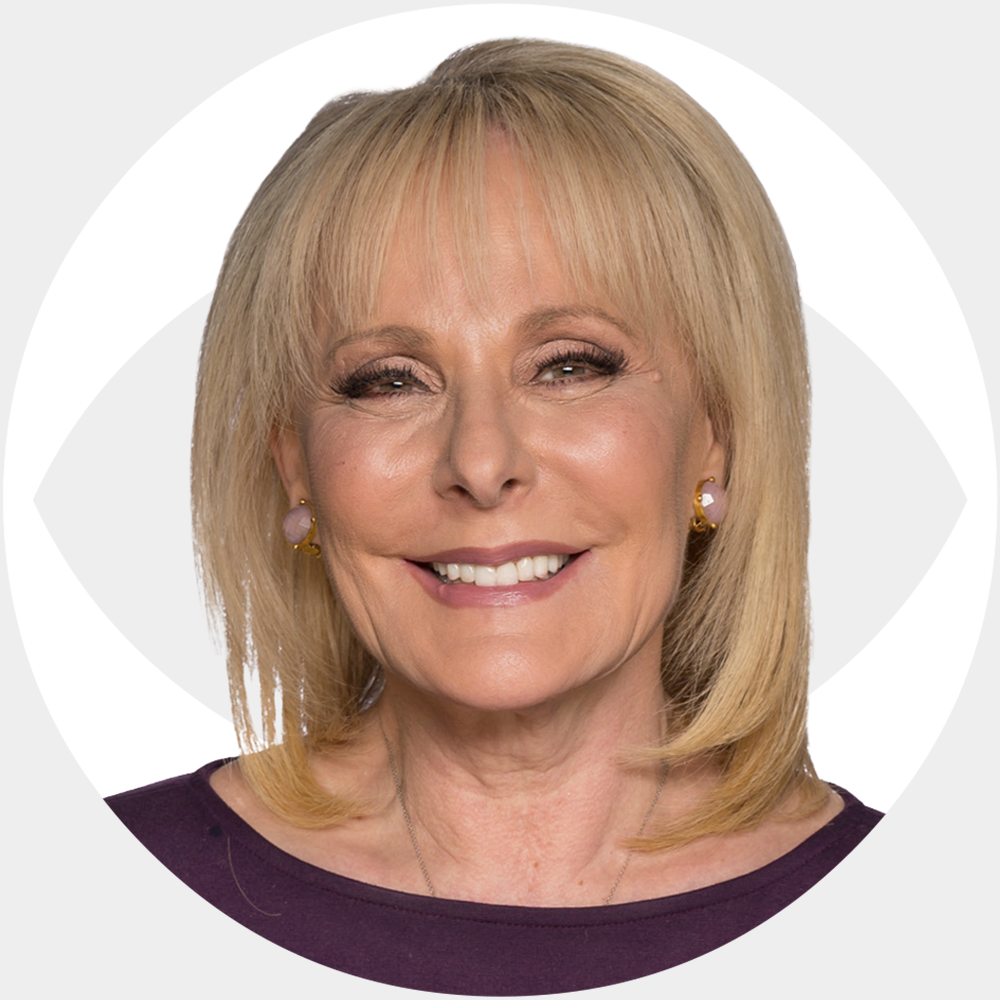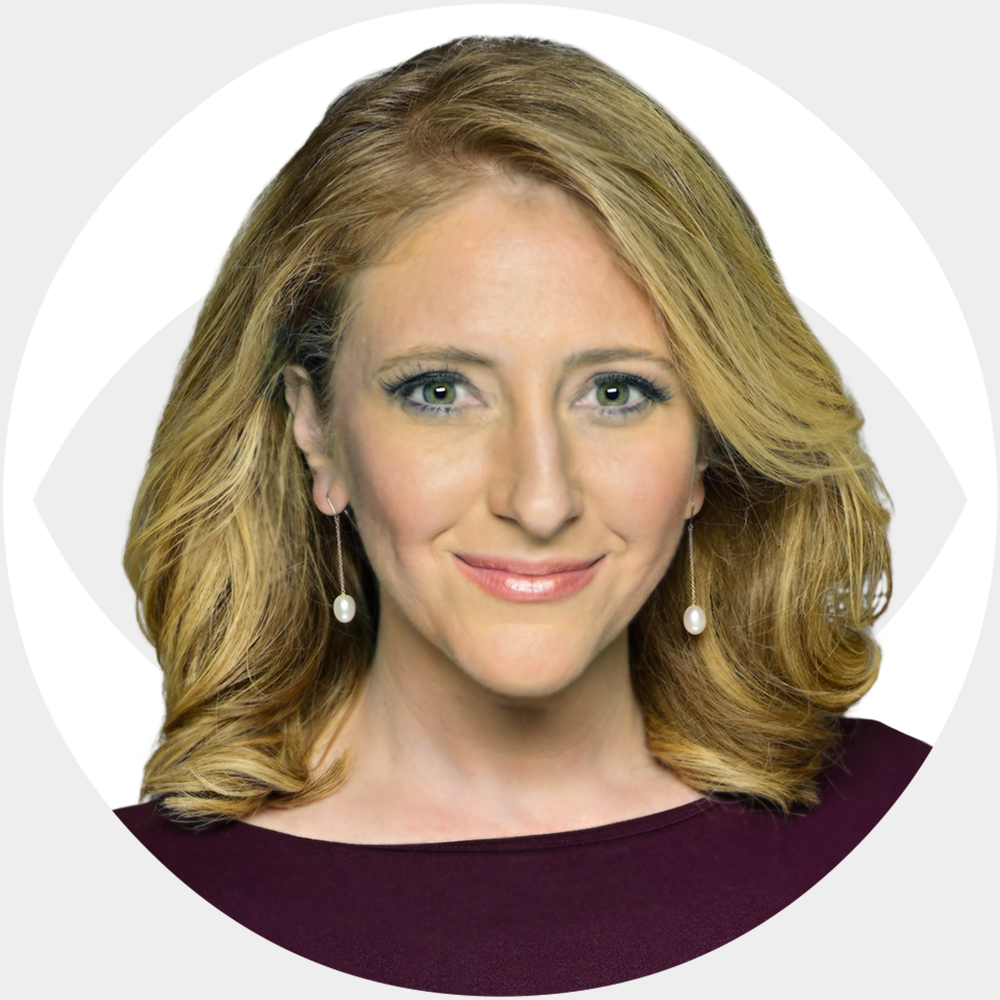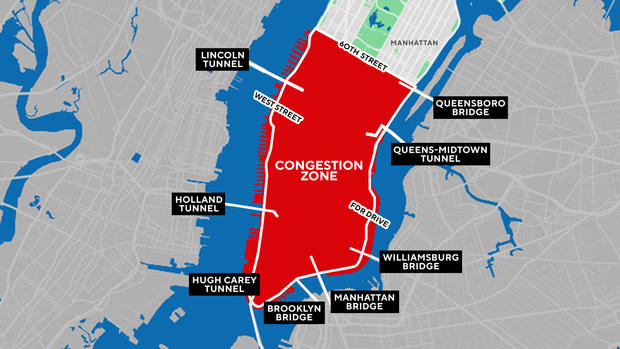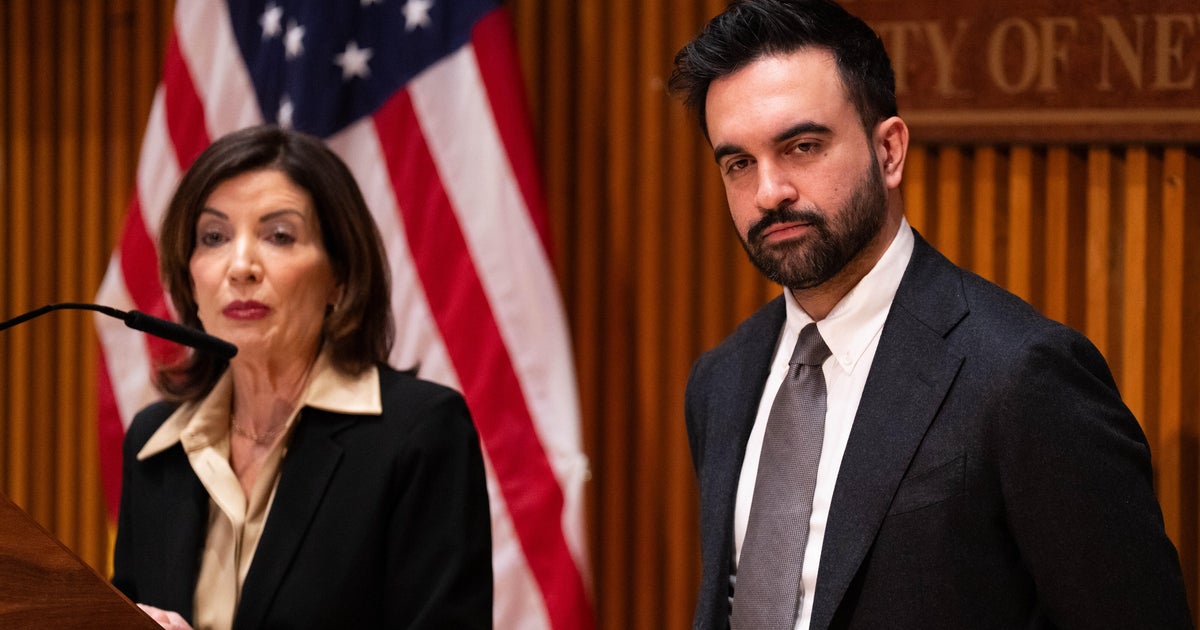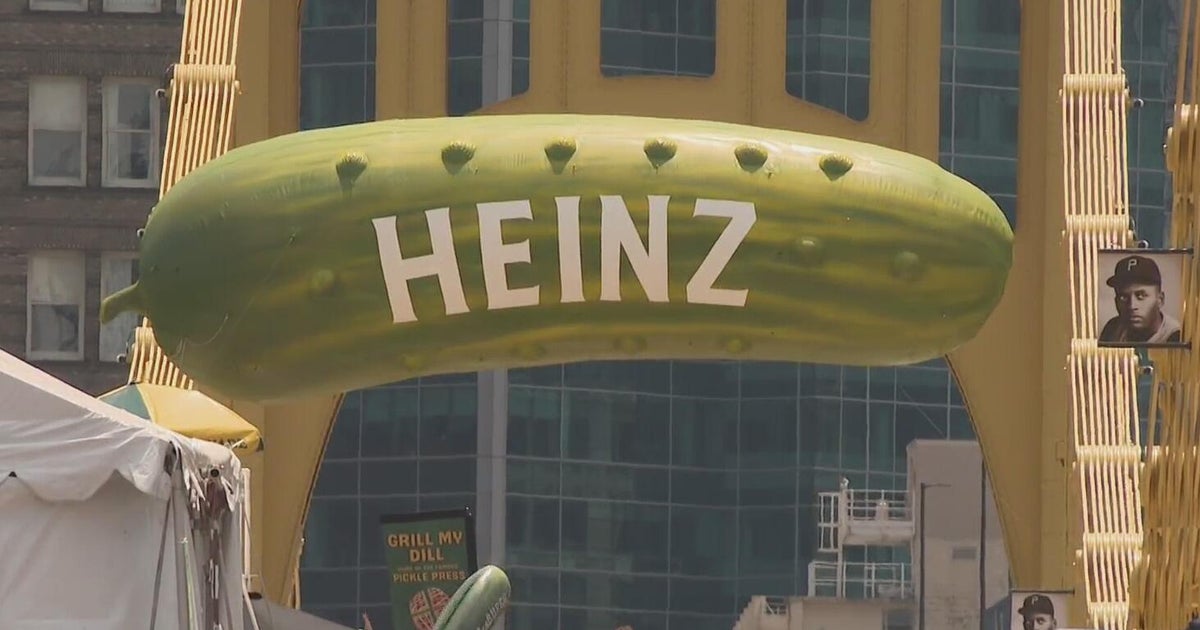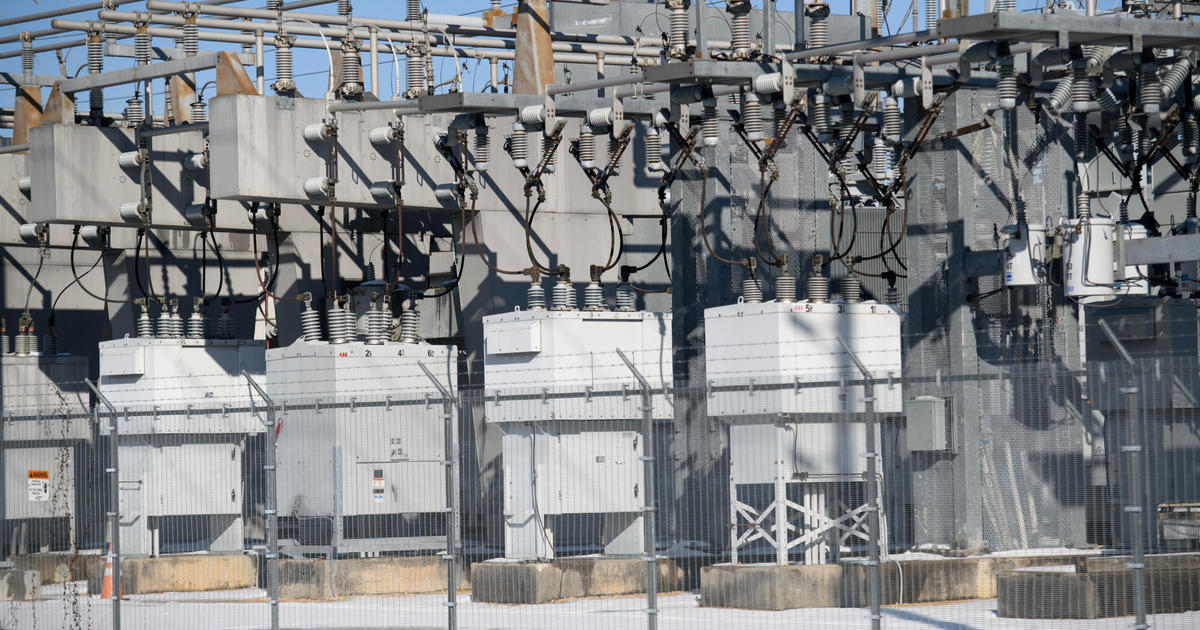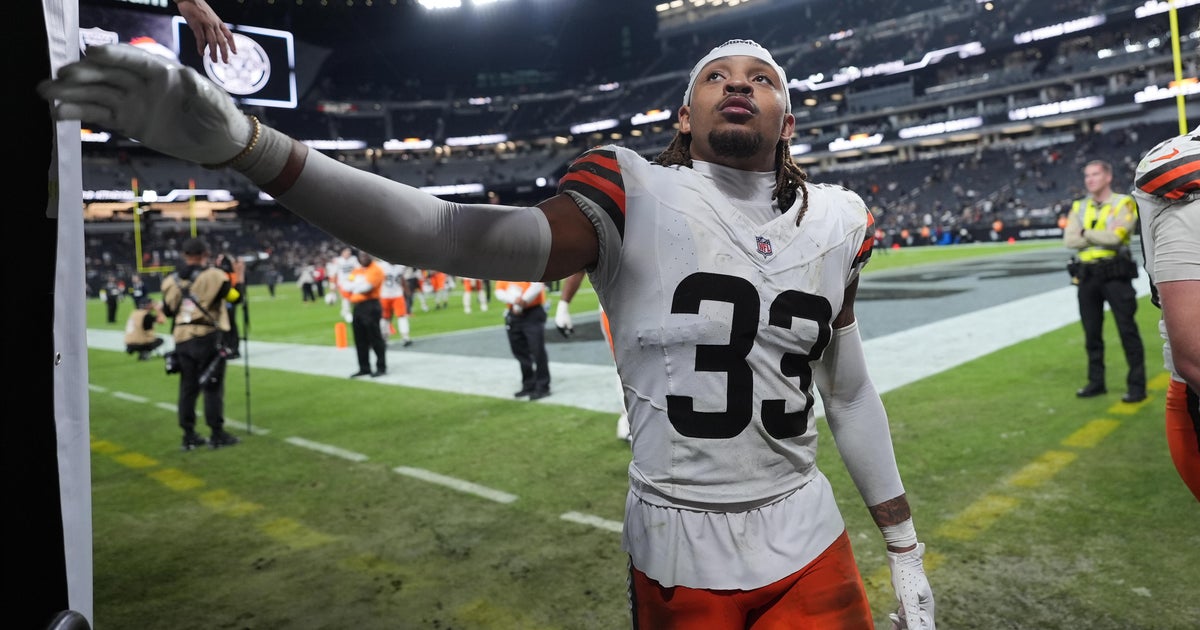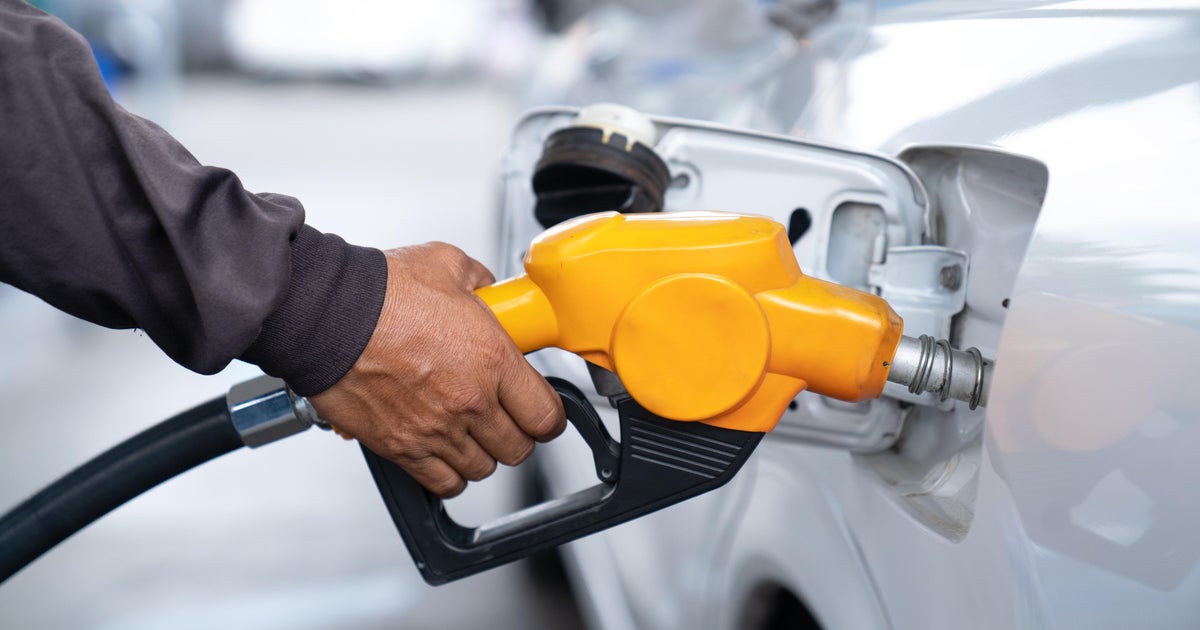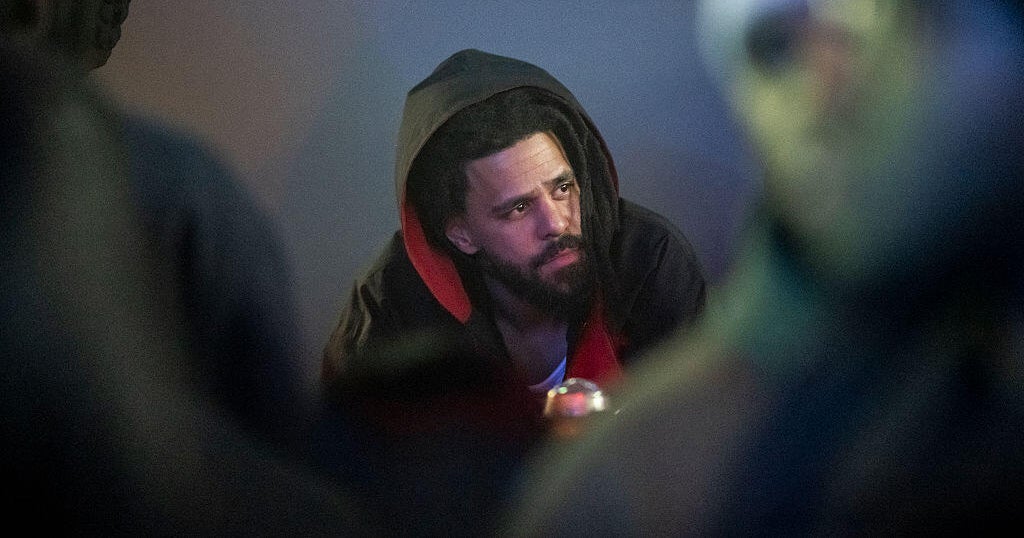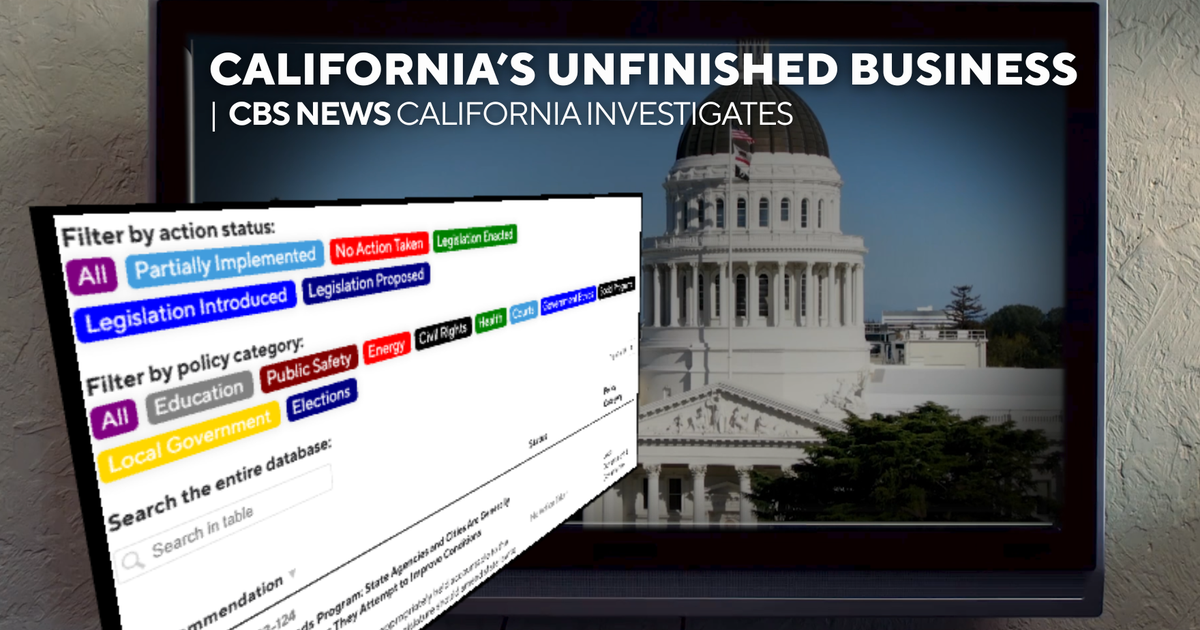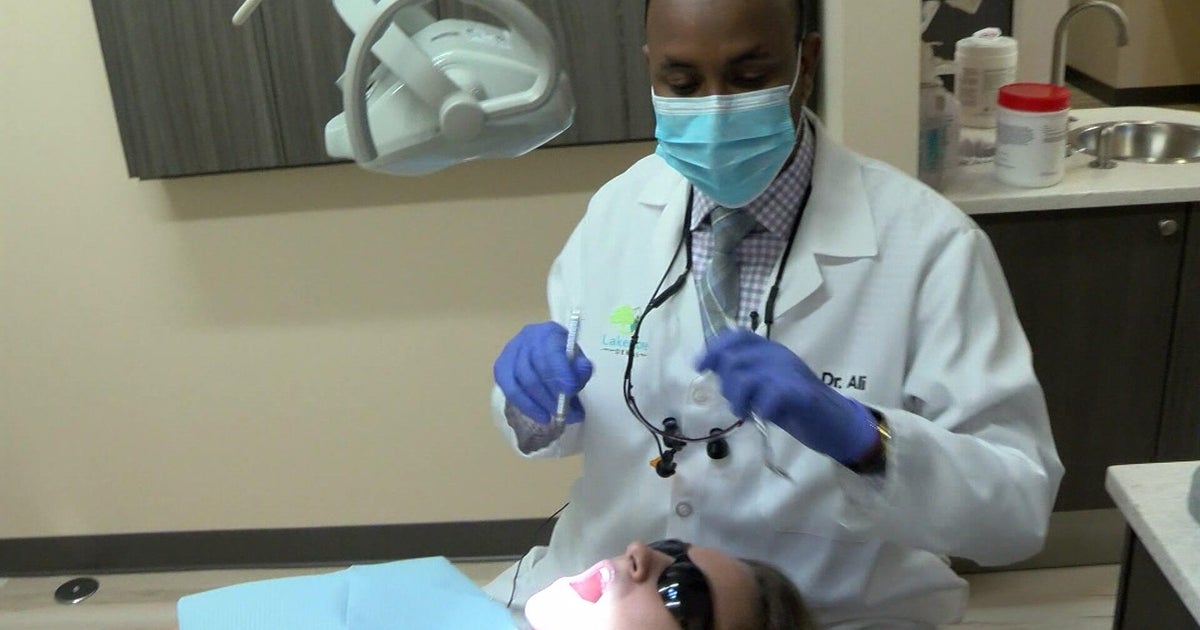NYC congestion pricing start date postponed indefinitely. Watch Gov. Kathy Hochul's full video statement.
NEW YORK -- New York City's congestion pricing start date is postponed indefinitely, Gov. Kathy Hochul announced Wednesday.
The new tolls were scheduled to start on June 30 -- less than a month away.
"After careful consideration, I have come to the difficult decision that implementing the planned congestion pricing system risks too many unintended consequences for New Yorkers at this time. For that reason, I have directed the MTA to indefinitely pause the program," Hochul said in a video statement. Watch her full video statement here.
The governor said congestion pricing was enacted before the COVID-19 pandemic, when commuters were in the office five days a week, crime was down and tourism was booming. She cited concerns about the city's economic recovery, saying it is "by no means complete."
"Circumstances have changed, and we must respond to the facts on the ground, not to the rhetoric from five years ago," she said. "We cannot afford to undercut this momentum, and I won't allow this delicate recovery to be jeopardized."
She added she still supports the goals of congestion pricing, but "hardworking New Yorkers are getting hammered on costs."
"Drivers can now choose to stay home altogether, telling employers they need to work fully remote again. Or they might just change their patterns and skip the visits to the city on a Saturday with their family, and going out to a theater or a restaurant," she said. "At a time when inflation is still cutting into New Yorkers hard-earned wages, the concern is that many people would do exactly that. Or that one more added cost would make residents rethink living or working here altogether, hurting our recovery even more."
Hochul said money has already been set aside to "backstop" the MTA Capital Program, and the state is exploring other funding options.
"We remain fully committed to advancing all the improvements that New Yorkers have been promised. That incudes immediate investments in reliability and accessibility -- track repairs, new signals, adding more elevators at subway and commuter stations, it means security cameras and other technologies to improve safety for riders throughout the system. And it means moving forward with transformative projects, like the extension of the Second Avenue subway and the Interborough Express," she said.
The governor is said to be considering a tax on city businesses to make up the money, but it's unclear if Albany would support it. There's also the question of the $500 million already spent on installing license plate readers around Manhattan.
According to Sen. Joe Addabbo, who is head of the racing and wagering committee in the Senate, if the licenses for the casinos downstate are issued sometime next year, the MTA will get the licensing fees, which is $3 billion, and once the casinos are up and running, 40% of the revenues go to the MTA.
The politics of congestion pricing
Sources tell CBS New York's political reporter Marcia Kramer that House Minority Leader Hakim Jefferies reportedly also raised concerns that congestion pricing would make it more difficult for Democrats to win back control of Congress.
A Siena poll released in April showed 63% of New Yorkers statewide opposed congestion pricing, and just 25% supported it. The plan is wildly unpopular on Long Island and in Upstate, where Democrats are hoping to unseat as many as five freshmen Republicans, including Congressman Anthony D'Esposito.
"The only reason as to why she is reversing course is because she got a call from Hakeem Jeffries, and she knows that this is a disaster in the making, but again, be assured, the moment that the election is over, she is going to go right back to, very bluntly, screwing New Yorkers," he said. "My personal belief is that either way this goes in November, Governor Hochul will be full steam ahead with congestion pricing once the election is over."
D'Esposito doesn't think what he calls a "political ploy" will work, saying that voters know he has been against congestion pricing from the get-go.
Mayor Eric Adams spoke to CBS New York on Wednesday afternoon and said he and Hochul have been in conversations about the plan.
"It's imperative to deal with congestion. It's imperative to make sure business continues to thrive in the city, but we have to do it right. We were really concerned about balancing this on the backs of working class people, and I think there's a way to do it right, but we have to be thoughtful in doing so," Adams said.
The mayor says the state must now decide where to find the needed funding for the MTA.
When asked if he supported taxing businesses, Adams said, "I support the state lawmakers that must make the determination of how to fund the MTA, that's what I support. And these are not yes or no answers. I served in Albany. I support the lawmakers in Albany making the determination of how we fill that gap."
Regarding how to reduce traffic in Manhattan, Adams proposed looking at incentives for overnight deliveries to get trucks off the roads and prevent double-parking during peak hours and incentivizing and better utilizing the subway system.
New Jersey Gov. Phil Murphy issued a statement thanking Hochul for pausing the plan.
"Although we have had a difference of opinion with our colleagues in New York on congestion pricing implementation, we have always had a shared vision for growing our regional economy, investing in infrastructure, protecting our environment, and creating good-paying jobs on both sides of the Hudson River," Murphy's statement read in part.
State Island Borough President Vito Fosella was a vocal opponent of the plan.
"The bottom line is that congestion pricing doesn't work, especially for the people of Staten Island. It is a momentary breath of relief that congestion pricing has been put on hold. However, we have to remain vigilant and vocal to continue to sound the alarm on the negative effects of congestion pricing," Fosella said. "We will continue to pursue our case in the courts, and we will continue to be advocates in opposition to congestion pricing wherever necessary."
Regarding needed funding for the MTA, Nassau County Executive Bruce Blakeman said, "I think what the governor should do is take the $2.4 billion that she has in her budget for migrants, people who have been here for 15 minutes, and spend it on infrastructure."
One person likely taking a victory lap is former New York Gov. Andrew Cuomo, who signed congestion pricing into law in 2019 but then called for a halt several months ago.
"I think we have to take a beat and understand what effect it will have today," he said in March. "Understand the consequences of your actions today and make sure you do no harm, right? First rule, do no harm, and this may do harm."
Several other politicians and organizations issued statements in reaction to Wednesday's announcement, with the Police Benevolent Association, United Federation of Teachers and Taxi Workers Alliance coming out in support of the governor's decision. The Transport Worker Union called the situation a "debacle," and the Trucking Association of New York said it will continue with its lawsuit against the plan.
Congestion pricing advocates slam Gov. Hochul's postponement
Advocates for congestion pricing are upset by the decision.
"An indefinite pause on congestion pricing will do irreparable harm to the city while undermining public confidence in the program and its purpose," New York City Public Advocate Jumaane Williams said. "No version of congestion pricing was going to make everyone happy. No policy ever does. That doesn't detract from the reasons it was developed – to reduce vehicle congestion, protect our environment, and improve our public transit infrastructure – causes which the governor has now put second to politics."
"To delay this program at the last moment, after investing millions to prepare for it, is irresponsible and inexcusable," Williams added.
Proponents of congestion pricing rallied outside the governor's office in Midtown on Wednesday. Among them was Elizabeth Valdez, who uses a wheelchair to get around.
"We need these elevators and other projects to move forward ... It would make it harder for people like me to get around, and break the promise the governor made two years ago," she said.
Hochul said the $15 tolls could keep commuters away, but Kathryn Wylde, a member of the Traffic Mobility Panel that set the congestion pricing toll rates, insists that 80% of people who work in Manhattan don't drive; they take mass transit.
"A very small number of people are driving to work in Manhattan, and those who are are the relatively well-paid ones who can afford $50 a day for parking," she said.
She said she hopes the governor is just pausing the implementation of congestion pricing, and not killing it altogether.
The Riders Alliance released a statement earlier Wednesday, calling it an "outrageous betrayal of our trust."
"New York City public transit riders gave Governor Hochul her margin of victory in the 2022 election. Stopping congestion pricing before it even starts would be an outrageous betrayal of our trust," the statement read. "Congestion pricing is the only public policy that can make our subway more reliable and accessible, speed up slow bus service, and help clear the air as wildfire smoke thickens. Governor Hochul must turn it on June 30 as planned."
NYC congestion pricing map shows the zone
Manhattan's Congestion Relief Zone starts at 60th Street and heads south to include the Lincoln, Holland and Hugh L. Carey tunnels on the Hudson River side, and the Queensboro Bridge, Queens Midtown Tunnel, Williamsburg Bridge, Manhattan Bridge and Brooklyn Bridge on the East Side.
People who live within the zone will only be charged if they leave and come back, and some roadways, like the FDR Drive and West Side Highway, will be excluded, as long as vehicles stay off the city street grid.
The MTA was scheduled to start a series of congestion pricing webinars on Wednesday morning, but those have been postponed, as well.
So now when does congestion pricing start?
Congestion pricing was supposed to start at 12:00 a.m. on Sunday, June 30.
New York City would be the first in the nation to implement such a toll. It's now unclear when it will take effect.
June 30 also happens to be the annual Pride March in Manhattan and leads into the Fourth of July holiday week.
How will congestion pricing work in NYC?
Under the plan, drivers will be charged to enter Manhattan at or below 60th Street. Fees will be highest during peak hours, which are 5 a.m. to 9 p.m. on weekdays and 9 a.m. to 9 p.m. on weekends.
For drivers using E-ZPass, passenger and small commercial vehicles will pay $15 during peak hours, motorcycles will pay $7.50, and trucks and buses will pay $24 or $36 depending on size.
Some discounts and exemptions will be available, including the Individual Disability Exemption Plan for those who are unable to use mass transit due to medical conditions.
Officials say the goal of congestion pricing is to reduce traffic and improve air quality in Manhattan. The money raised from the plan will be used for mass transit projects and upgrades.
However, the plan has faced significant pushback, including multiple lawsuits in New Jersey and New York.
